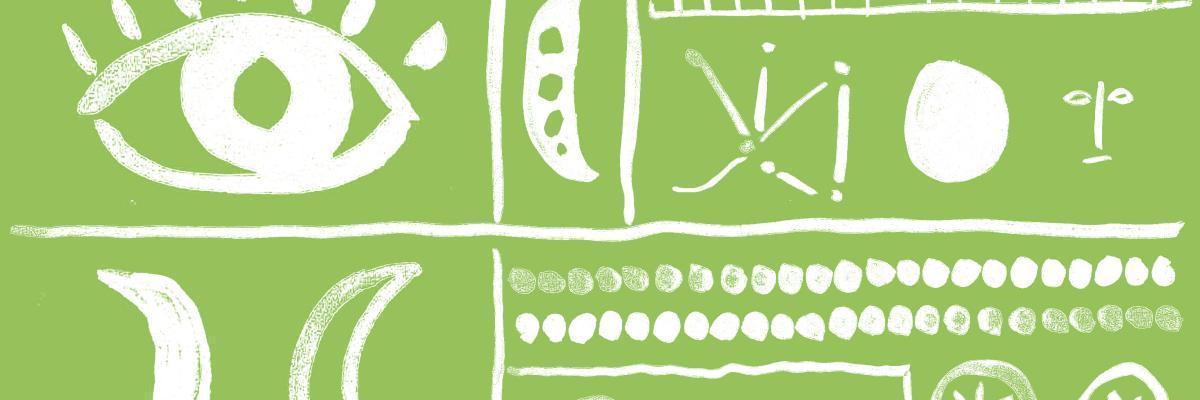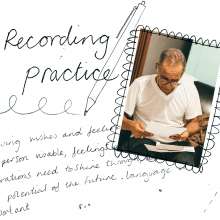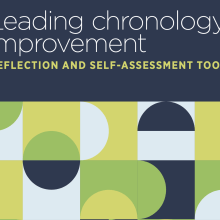What is recording in social work?
There is a huge amount of nuance involved in what recording practice is, what it entails and how it is defined. Broadly, social work recording is any written material in the files of people who are supported by social work services. These records cover a range of content, such as: assessments, reports, case conferences, chronologies, records of visits and more. Recording involves:
- Writing down the work that is done
- Noting the progress supported people make towards their desired outcomes
- Including the views of the supported person
- Analysis and assessment
- Recording the life history of the person and its interpretation
(Adapted from On the Record – getting it right, Social Work Inspection Agency, 2010).
Why is recording important?
Records are required to be both conduits for decision-making, as well as a vessel that retains a person’s story for possible future access by the supported person or their family.
O’Rourke (2010) advocates that recording is important for three main reasons:
- To show evidence policy, process and practice have been followed appropriately, demonstrating professionalism and competency
- To provide the rationale behind professional judgement
- Making it clear how a decision was arrived at
- Being accountable for why a particular course of action was taken (or not) - To give a clear picture of the person’s story, their wishes, views and preference which can be used by them, and/or others to empower and better understand their situation and any care or support needs
Guidelines
Inconsistencies between local authorities persist regarding guidelines for recording practice, and there can be a huge difference in how and what is recorded. Social Work Scotland outline the quality to be strived for in overall practice with social care - one that is fundamentally reinforced by a strong value and belief system. This takes the view that there should be a:
- Holistic view of the individual
- Socially constructed and crafted understanding of the presenting problem
- Attempt to understand the complexities of how an individual interfaces with their wider environment
- Acknowledgement of the relevance of different elements of the person’s whole life
- Place for individuals shaping their own support and services
Much of this can be related to the SSSC Codes of Practice for Social Service Workers.
The Write Enough training pack, although dated (2003), explores a lot of these areas in more detail.
Research in Practice for Adults (RiPfA) has developed a Good Recording Practice Tool (2017) that sets out a comprehensive list of principles behind recording practice.
What does this mean for me?
Sharon Laing, Service Manager Corporate Parenting, East Ayrshire Council
'My Day' recordings by children’s house carers have many purposes and are for different audiences. It can be a challenge in determining what is significant information and for whom it is significant. There also needs to be a balance between capturing the child’s story and not recording in a manner that could be interpreted as surveillance.
This can be illustrated by taking the example of a child having a distressing visit with a family member.
- Firstly, this is a factual record of the child’s life on that particular day.
- The carers will try to capture and convey the child’s feelings and actions and link this with previous feelings/behaviour and then reflect on whether this will require a change in the care and support provided to the child. For example, if the child was anxious in the morning of the visit, what actions can be taken next time to reduce the child’s anxiety?
- It is a method of communication between teams of carers. The next shift will be alerted that the child has had a difficult day and may require more of the carer's attention, and that their behaviour may reflect the distress they felt during the day.
- The child’s social worker will have access to the recording and this information will feed into the child’s assessment and plan.
- It will form part of the child’s life story and may be read by the child as an adult trying to make sense of their life when they may have been at their most vulnerable.





